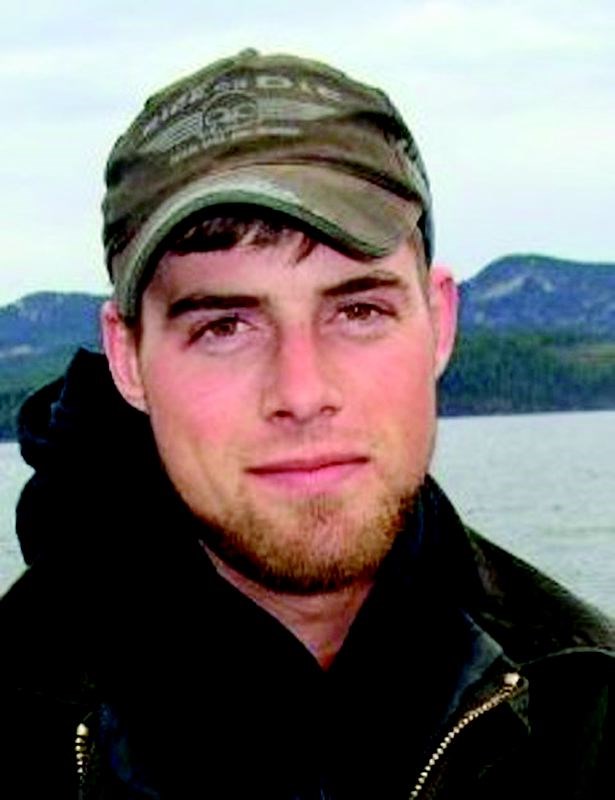Court cases against two people implicated in a murder on the Nak'azdli reserve nearly four years ago will proceed separately after one of the accused confirmed Monday he has changed lawyers.
With new counsel representing James David Charlie, 26, needing a couple months to bring himself up to date on the case, B.C. Supreme Court Justice Ron Tindale agreed to allow proceedings regarding co-accused Teresa Marie Charlie, 24, to be severed.
The news and decision came on the day a trial for the two had been set to begin following a lengthy voire dire to determine what evidence was admissible.
Instead, an agreed statement of facts regarding Teresa Charlie's involvement in the January 2012 death of Fribjon Bjornson will be read into the record on Friday and arguments on whether they are enough to prove her guilty of the charges she faces will be heard next Tuesday.
As for James Charlie, his case will likely remain before the courts for some time yet with a chance of a trial on the matter still a possibility.
While James Charlie faces one count each of murder and interference with a dead body, Teresa Charlie faces lesser charges of accessory after the fact to murder and attempt to obstruct justice.
In reaching his decision, Tindale agreed with Crown and defence counsels that delaying the matter against Teresa Charlie would be prejudicial given that she had been in custody for three years now.
The court also heard he will "absorb" the time served caused by the delay created by switching counsel rather than seek additional credit for time served prior to sentencing.
The developments were the latest twists in a case that saw two others, Wesley Dennis Duncan, 30, and Jesse Darren Bird, 34, plead guilty in late August to second degree murder in Bjornson's death, also following a lengthy voir dire.
Second-degree murder implies the act was committed on impulse while the Crown must prove planning to get a conviction for first-degree murder. Second-degree carries a sentence of life in prison without eligibility for parole for at least 10 years - although the judge has leeway to increase that term during sentencing - while at least 25 years must be served for first degree.
Pre-sentence reports for the two have been ordered and should be completed by the end of this year with sentencing to occur in January.
Bjornson's remains were found in an abandoned house on the reserve, adjacent to Fort St. James. The 28-year-old self-employed log processor and father of two, was known to be involved in drug use and associated with people living high-risk lifestyles, police have said.


